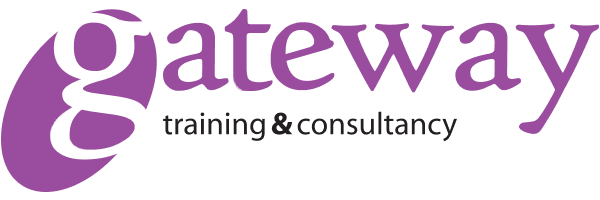Course Outline
Foundations of Mental Health Triage
First time in custody/lengthy sentences: risks and normalisation.
Understand importance of awareness of own attitudes and values.
Recognise the importance of preparation and pause.
Case examples: consider next steps and referral pathways.
Introduction to Mental Health Assessment
Importance of mental health assessments in clinical practice.
Overview of assessment tools and techniques.
Ethical considerations, including confidentiality and consent.
Safeguarding: when to refer child/adult at risk of harm.
Validation: what and when to validate.
Building Assessment Skills
Establishing rapport and creating a safe environment.
Observation techniques: nonverbal cues and behavioural indicators.
Socratic questioning and motivational interviewing: how and when to use.
Structuring an effective mental health interview
Key domains to explore:
o Presenting issues.
o Psychiatric history.
o Medical history and substance use.
o Family and social history.
o Risk assessment (suicide, self-harm, harm to others).
o Based on organisational policy and reporting systems
Cultural sensitivity in asking questions.
Professional curiosity when dealing with mental health symptoms (hallucinations/delusions etc.)
Completing a Comprehensive Mental Health Assessment
Organising information gathered during the assessment.
Using diagnostic frameworks (e.g., DSM-5, ICD-11) for assessment.
Writing a clear and concise mental health report.
Gatekeeping responsibilities and managing expectations
Core Skills in Mental Health Assessment
Empathy and active listening techniques.
Managing challenging situations:
o Clients in crisis.
o Non-cooperative clients.
o Highly emotional or distressed individuals.
o High profile offenders/offences
Self-awareness and maintaining professional boundaries.
Reflective practice: improving skills through self-assessment.
Importance of supervision and access to other forms of support.

